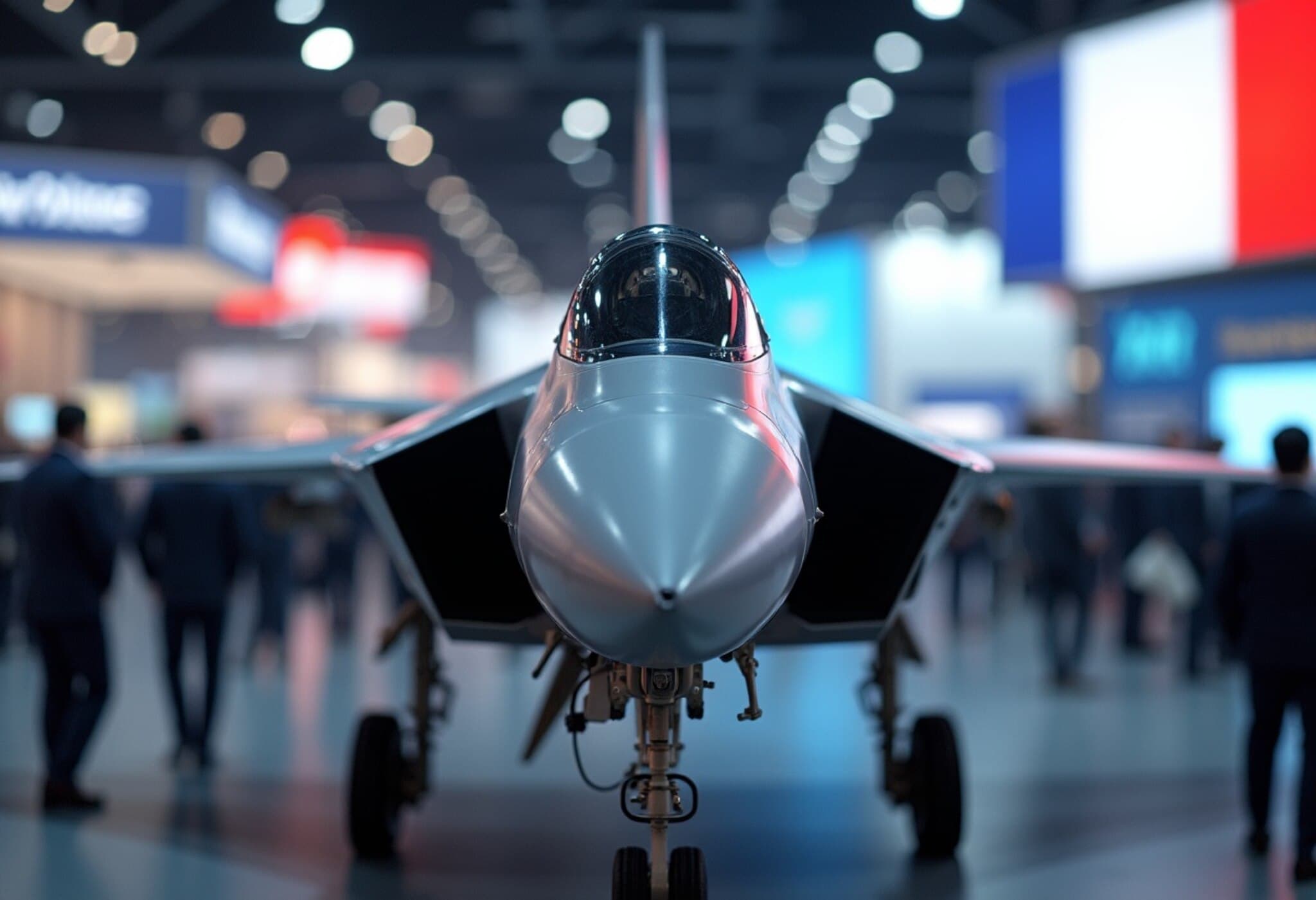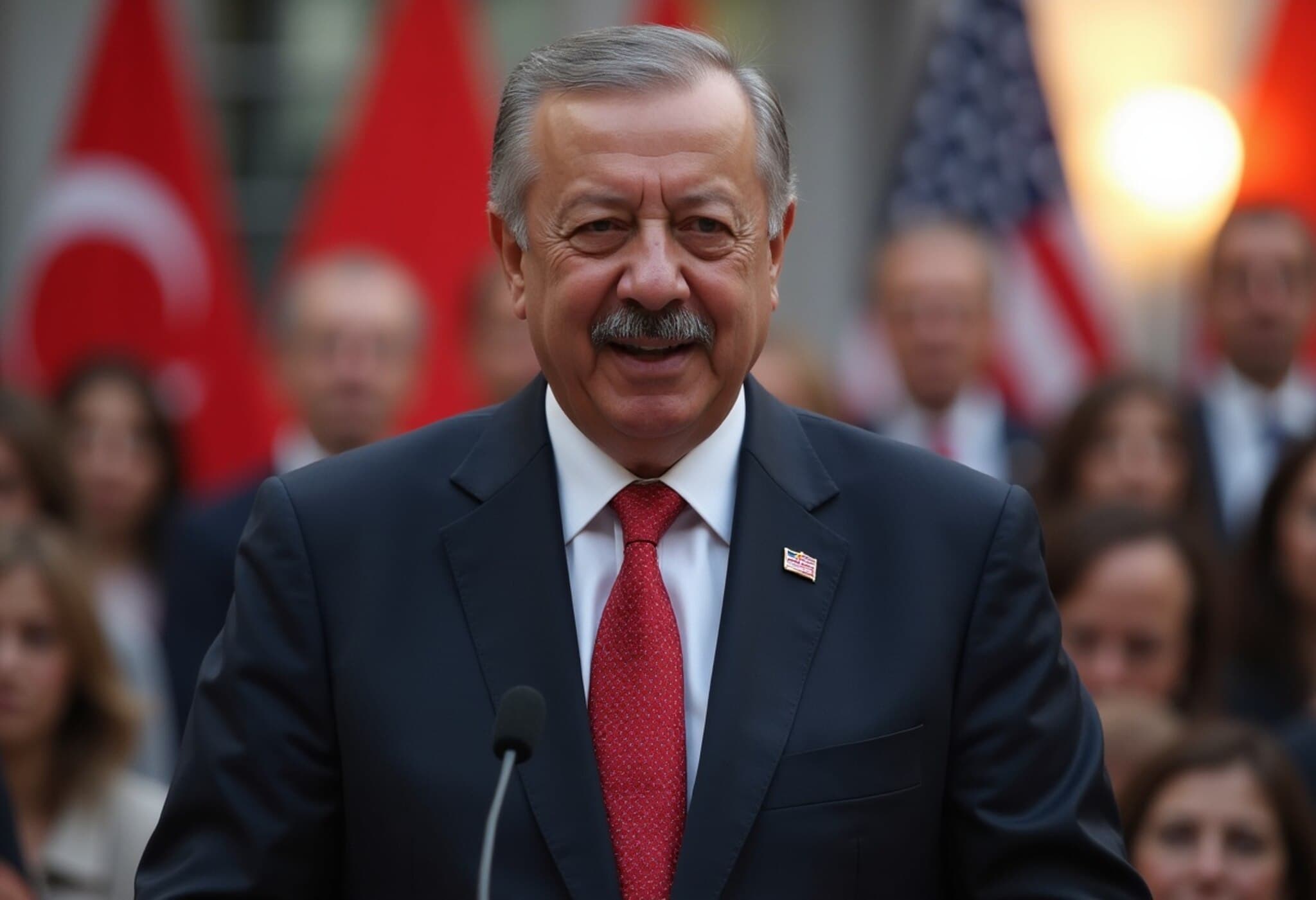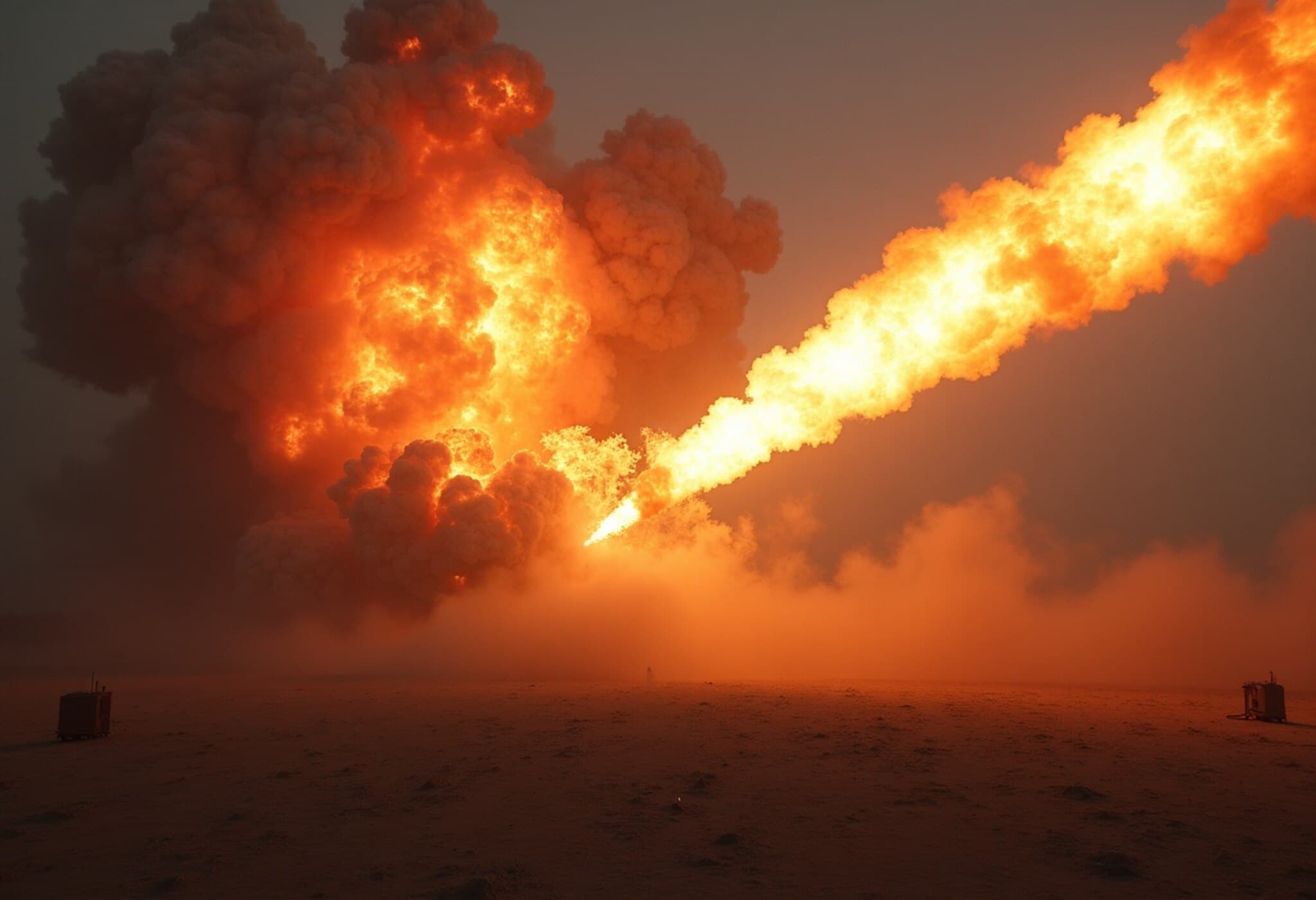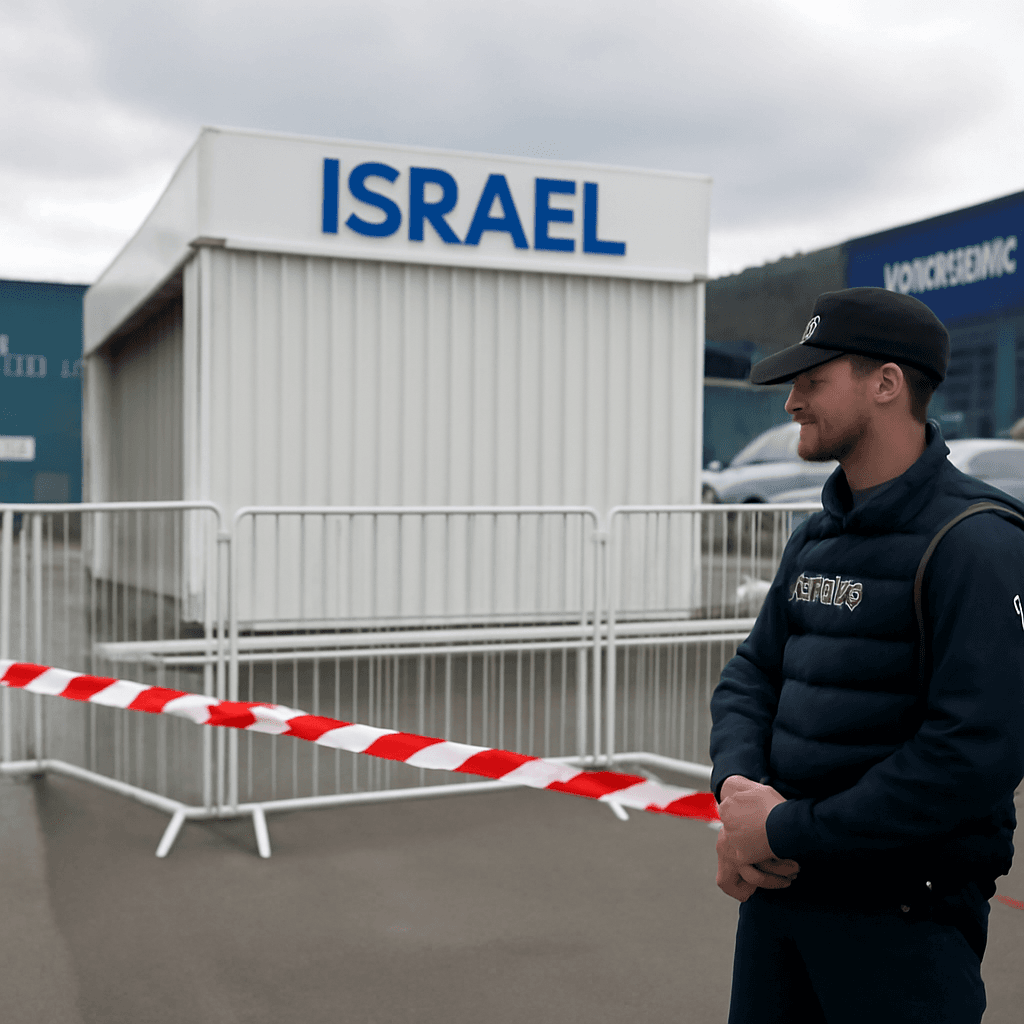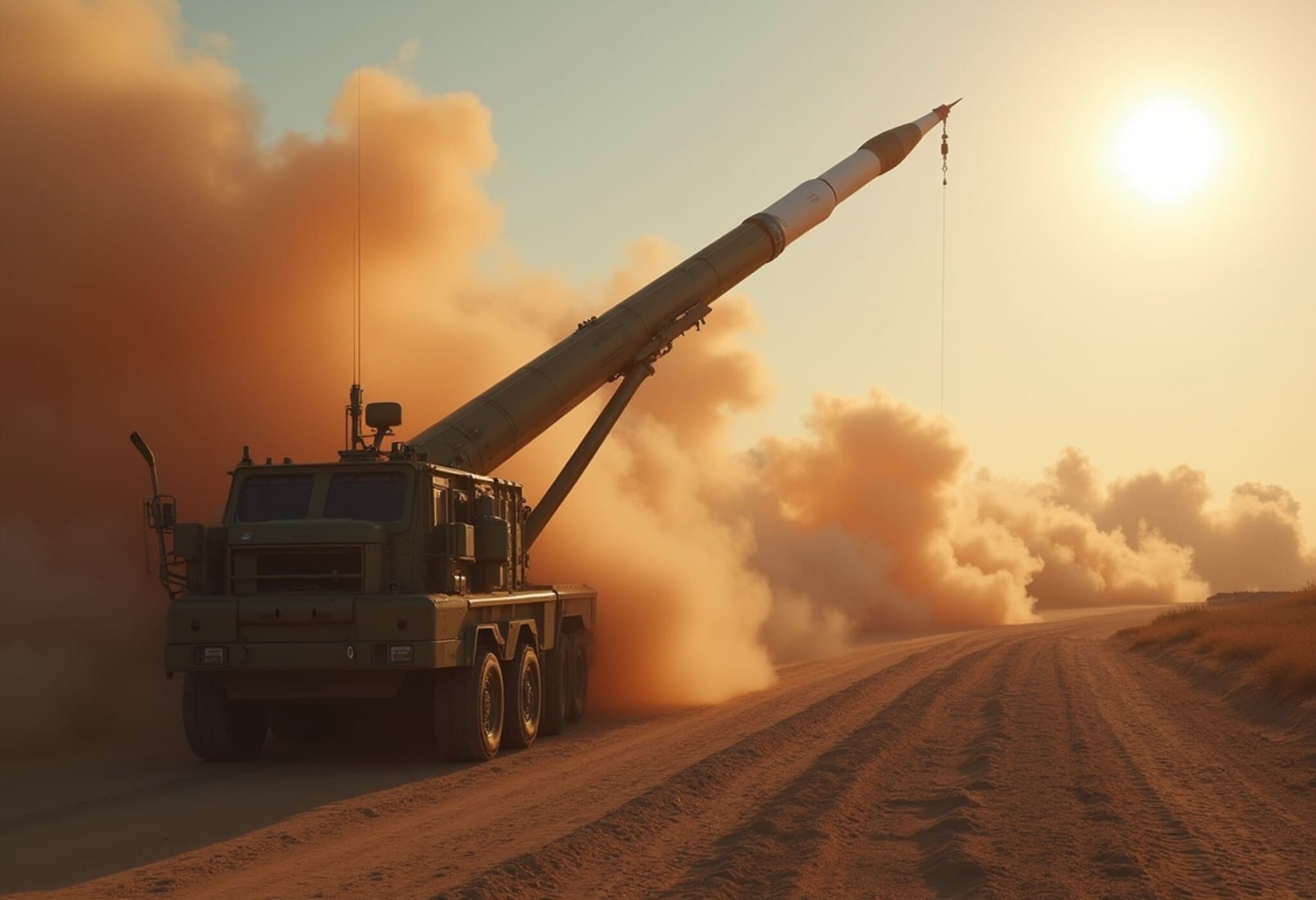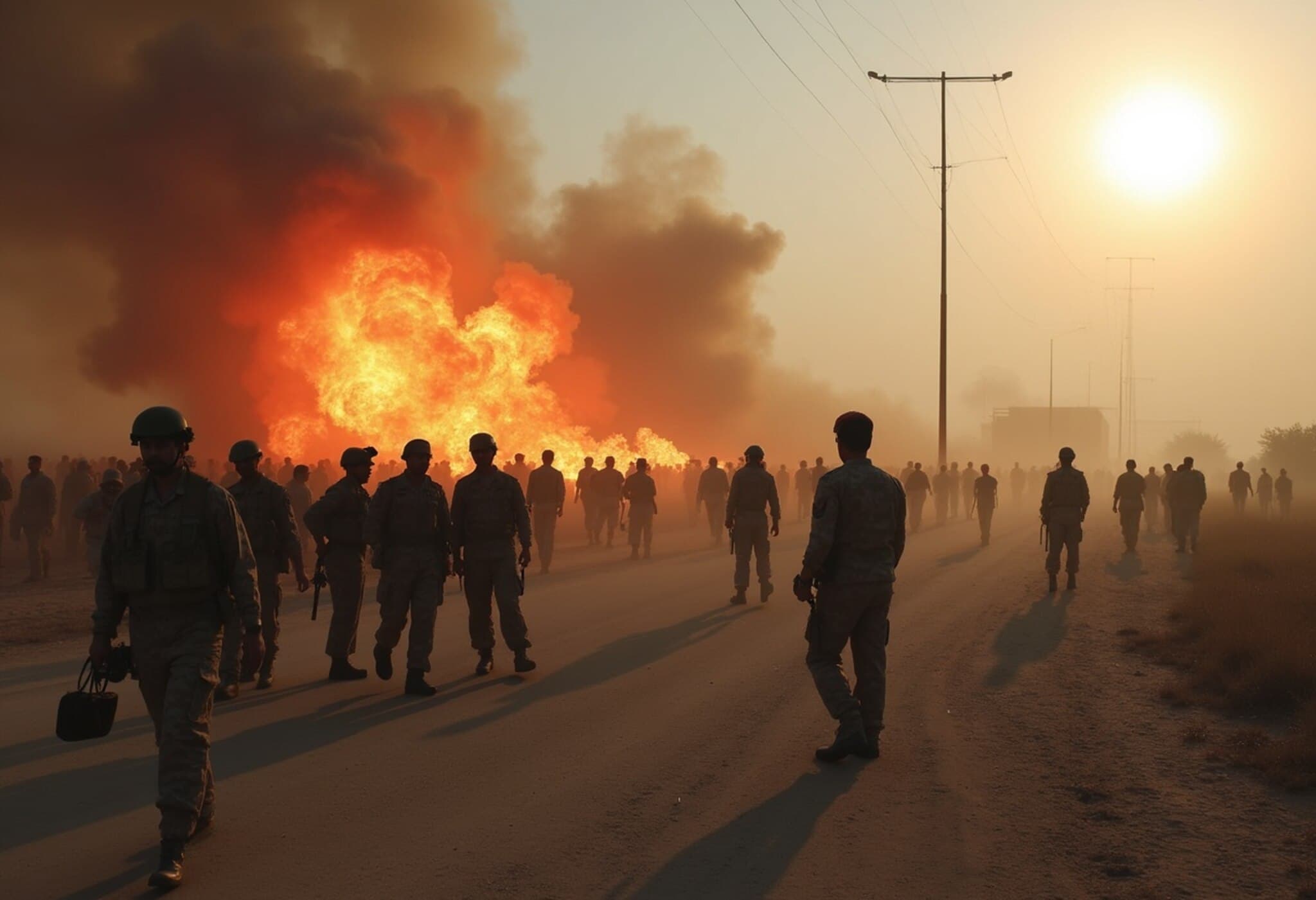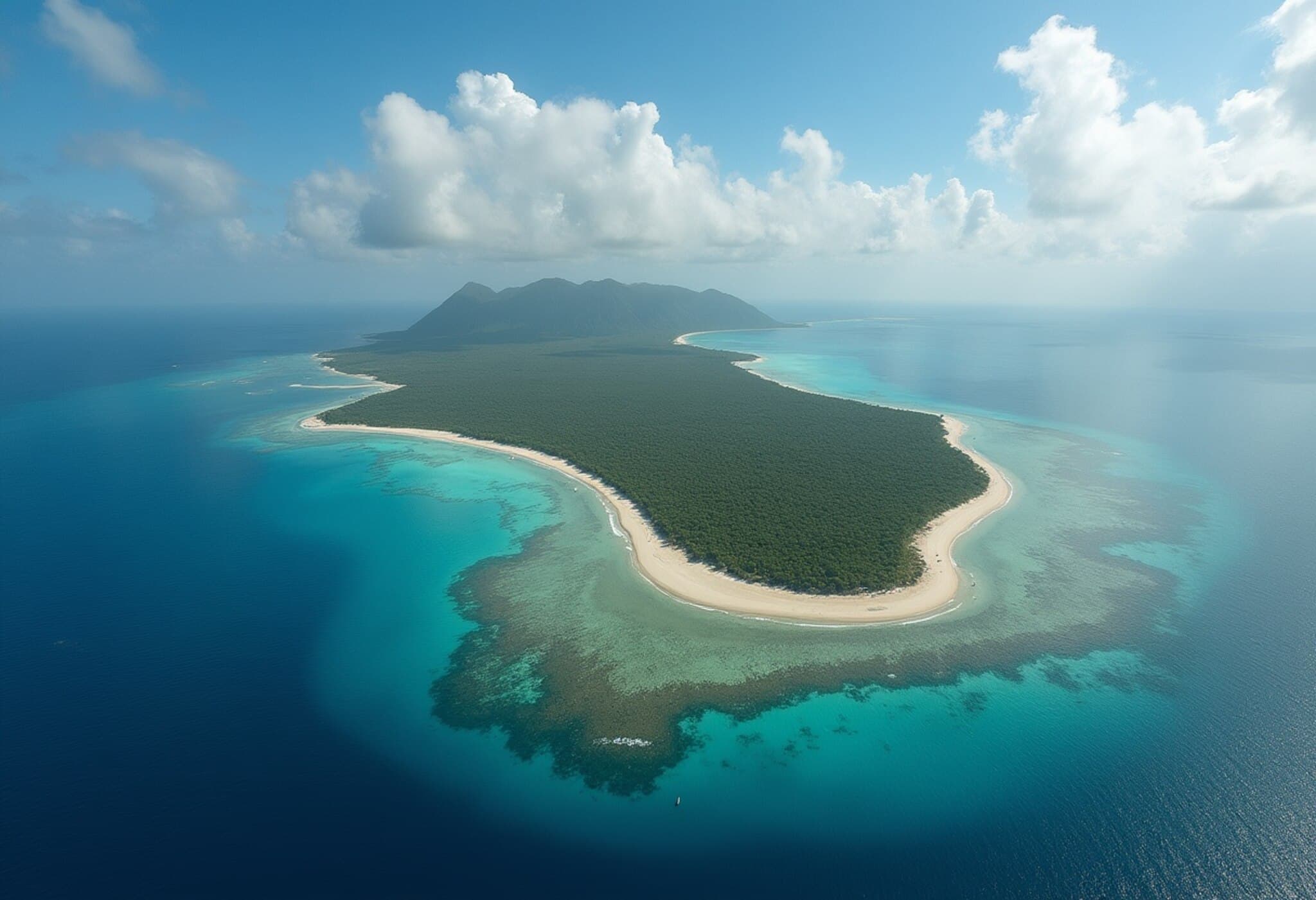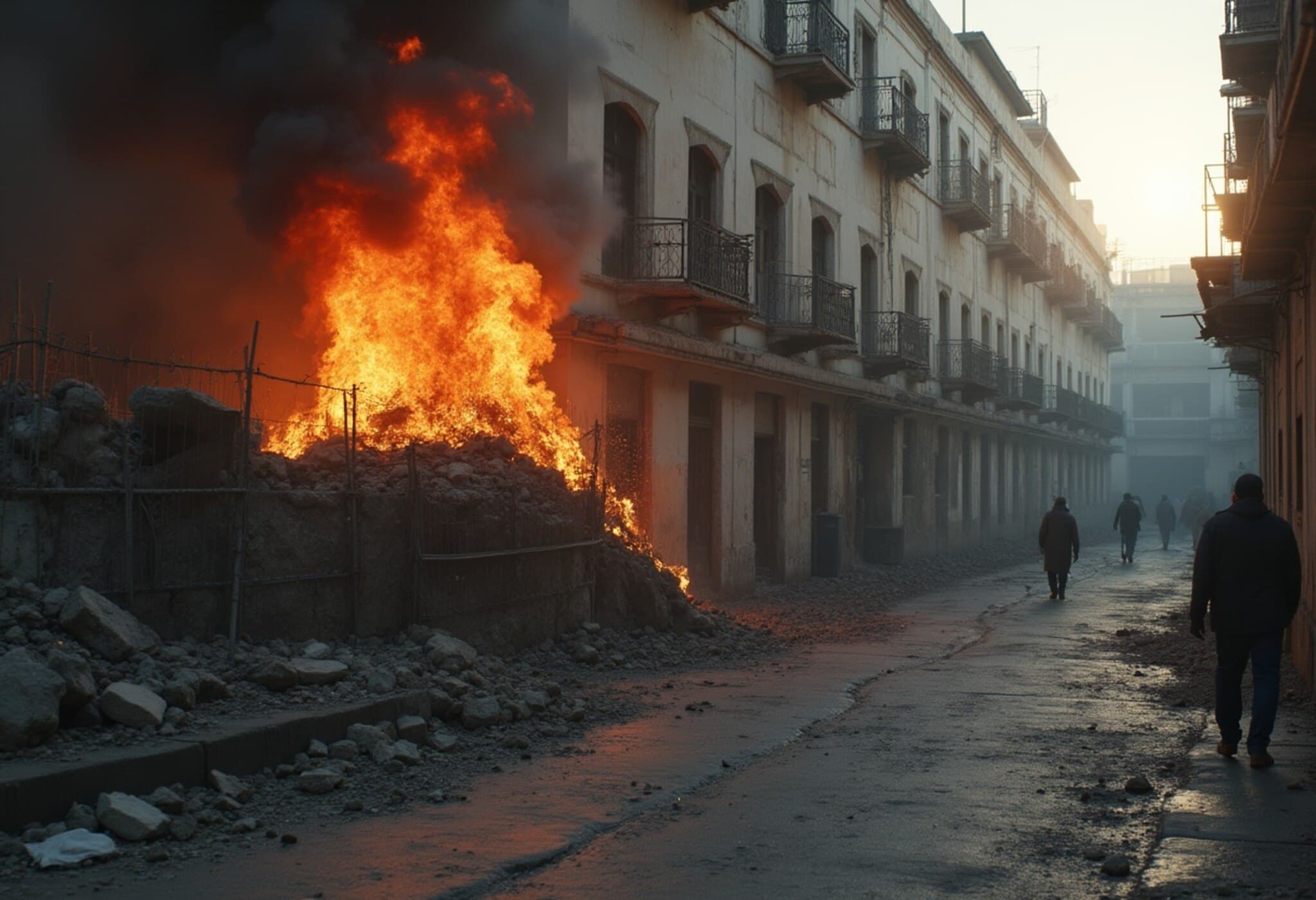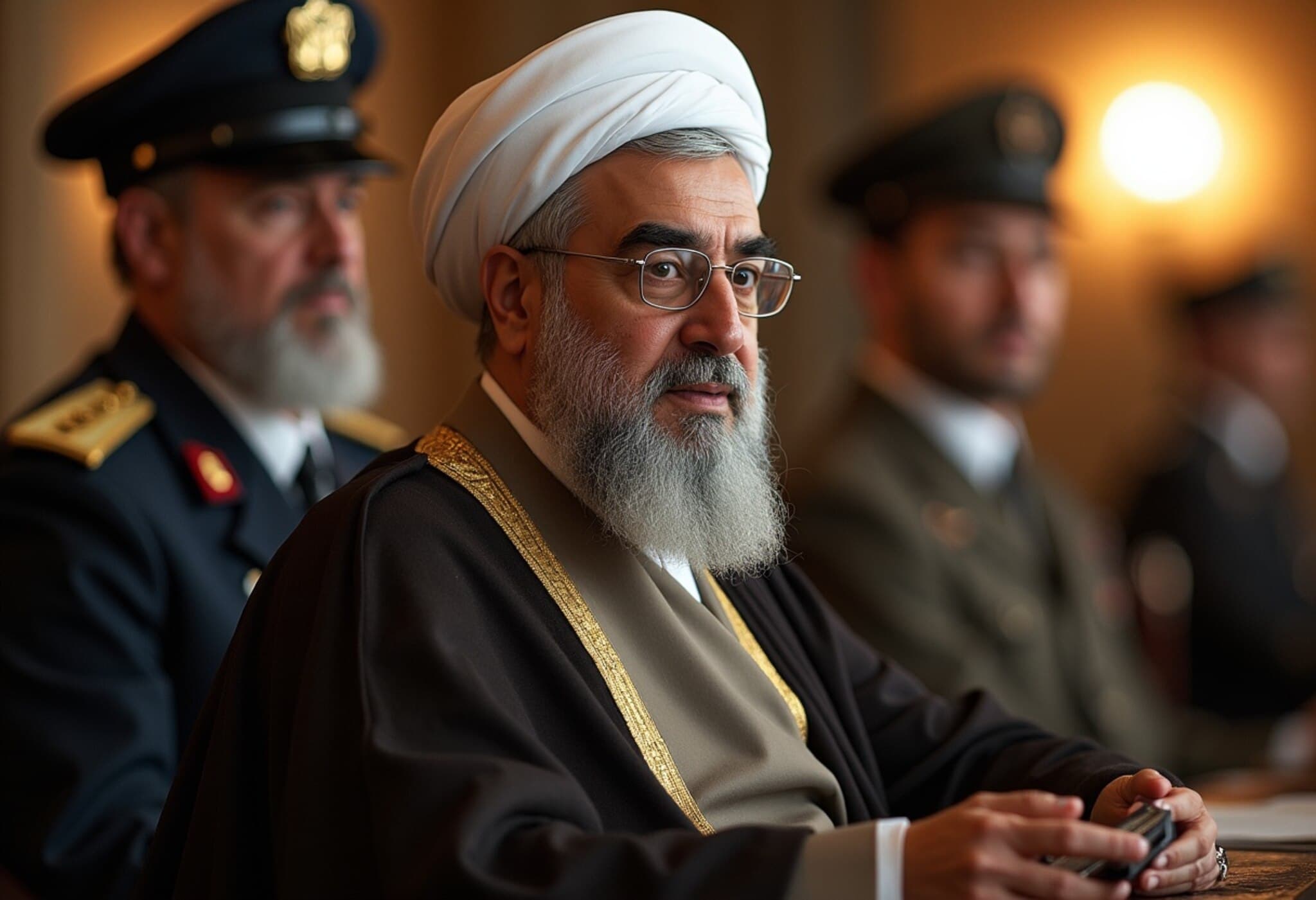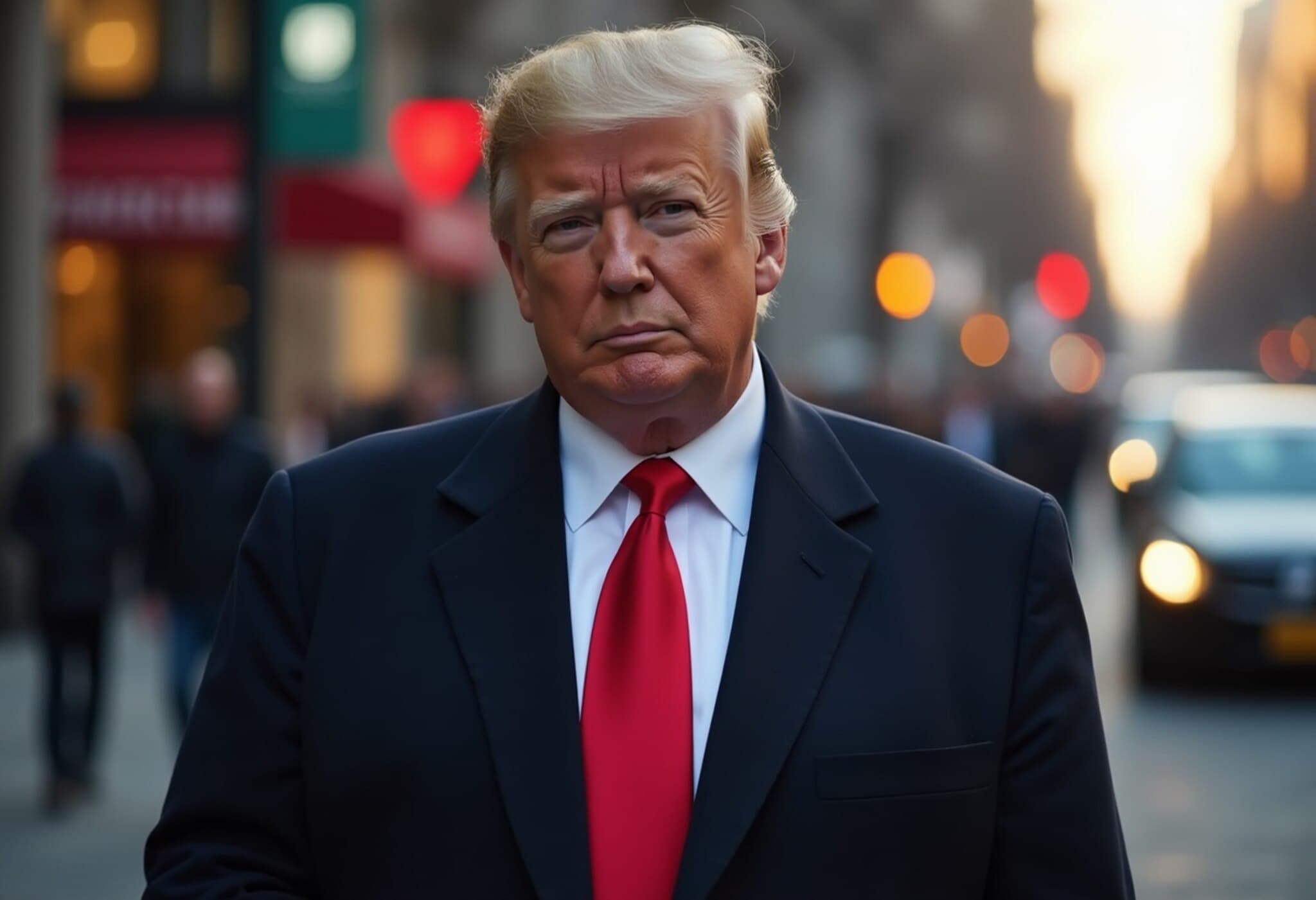Israeli Defense Stands Blocked at Paris Air Show
As the Paris Air Show kicked off this Monday, several prominent Israeli defense companies found their exhibition booths blocked off, preventing them from showcasing their military hardware. Notably, Elbit Systems and Israel Aerospace Industries (IAI) were among the firms affected by this unprecedented move, which Israeli officials say was directed by the French government.
Dispute Over Defense Displays Sparks Controversy
Organizers erected solid barriers around the pavilions of Elbit Systems, IAI, as well as Rafael and Uvision, effectively shuttering their displays just hours before the event opened at Le Bourget Airport. The Israeli Defense Ministry condemned this action, describing it as an extraordinary departure from the usual openness expected at global defense exhibitions.
"Last night, just one day before the Paris Air Show opened, exhibition organizers acting on behalf of the French government ordered the removal of offensive weapons systems from Israeli defense industry pavilions," the ministry stated. It criticized the decision as politically motivated, suggesting it was influenced by commercial interests as well.
IAI Expresses Shock and Alleged Discrimination
Boaz Levy, President and CEO of IAI, recounted how after setting up their booth on Sunday, the company was instructed to remove certain military systems. Despite attempts to negotiate, Levy said the directives appeared to come from France’s highest authorities.
"We complied with the organizers' requests, but were later blocked from accessing our own booth," Levy said. He described the situation as "shocking" and indicative of discriminatory practices.
Geopolitical Backdrop and Rising Tensions
This development unfolds amid intensifying conflicts in the Middle East, particularly between Israel and Iran. Israel has recently conducted targeted strikes against what it claims are Iranian nuclear-related sites, escalating regional instability. Meanwhile, France and several Western allies have openly criticized Israel’s conduct in the region, with a joint statement from France, the UK, and Canada decrying the ongoing humanitarian situation as "intolerable."
Industry Impact and Broader Exhibition Context
The Paris Air Show traditionally serves as a premier platform for aerospace and defense companies worldwide. This year saw participation from major defense players such as Lockheed Martin, Raytheon, MBDA, and the Aviation Industry Corporation of China. The event draws hundreds of military delegations and reflects current geopolitical security dynamics.
Among Israeli offerings at the show was Elbit's highly anticipated PAWS-2 infrared missile warning system, envisioned as a key innovation amid rising European defense budgets and complex global security challenges.
French Government’s Position Remains Unclear
Requests for official comment from the French government and Paris Air Show organizers have not been publicly addressed.
Conclusion
The blocking of Israeli defense exhibits at such a significant international event marks a notable escalation in the diplomatic friction between Israel and France. The move reflects the intricate interplay between political considerations and defense industry competition on the global stage.

